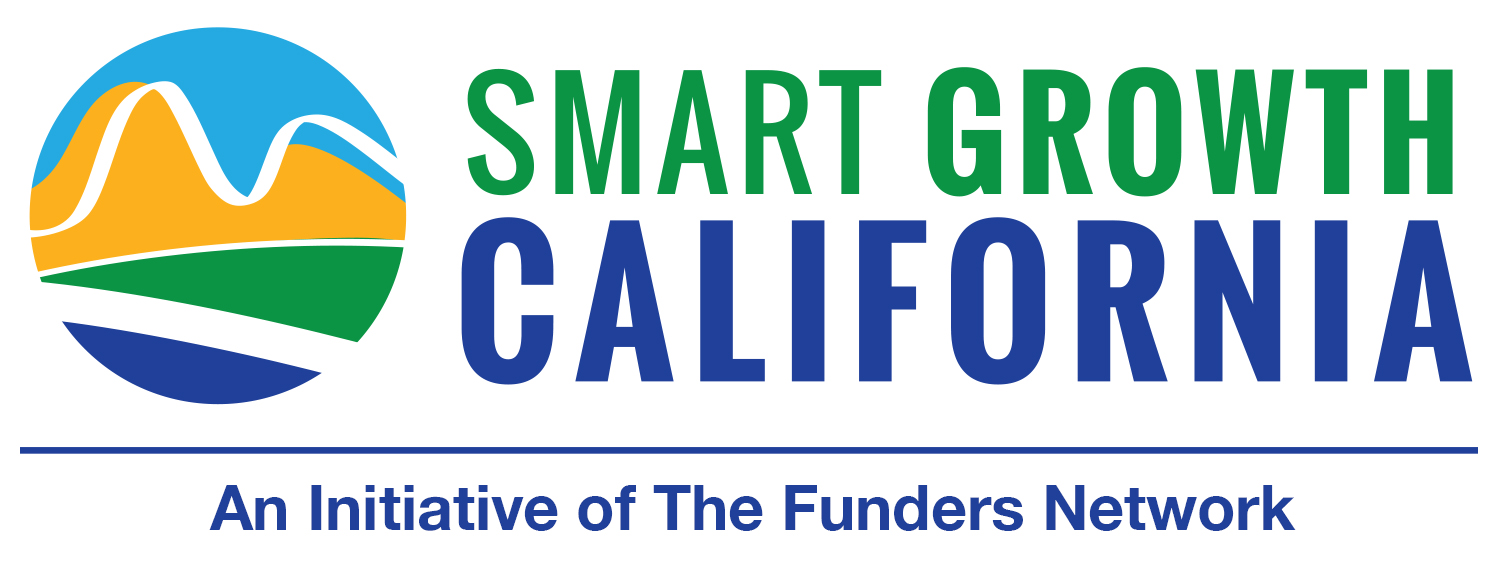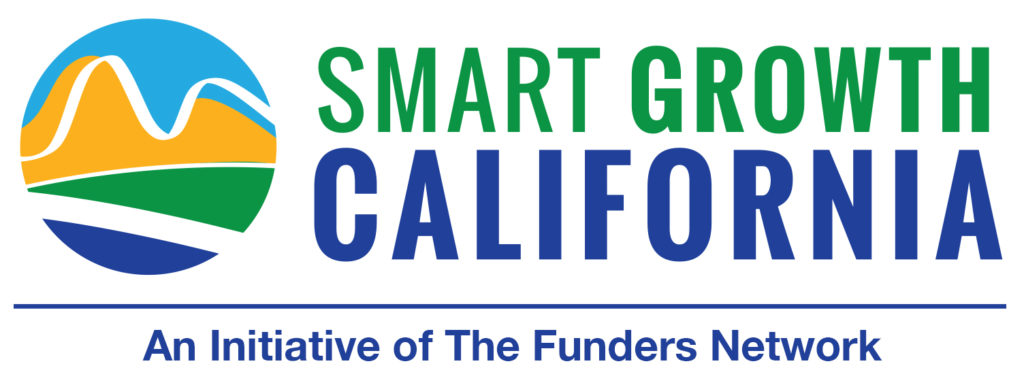Dates/Time
March 26, 2020
11:00 am-12:00 pm
Funders from many different areas are increasingly funding at the intersection of climate, health, and equity—even if they don’t describe their work in these terms:
- Health funders and NGOs are working to help regions disproportionately affected by climate change and are concluding that there will be no way to achieve their broader public health goals on a rapidly warming planet.
- Environmental funders and NGOs are recognizing that the communities disproportionately impacted by climate change are among the most activated constituencies for climate action.
- Funders of social justice, communities of color, immigrants, and others are seeing disproportionate climate and health impacts exacerbating existing disparities in multiple ways.
Learn what seven funder affinity groups found when they surveyed their members and NGOs in the field—almost 200 foundations and organizations from around the country—about this rapidly growing and changing area of critical work. Find out:
- Which disproportionately impacted populations are prioritized most by grantees and which by funders;
- What types of funders are funding this work the most and the least;
- What NGOs are overwhelmingly identifying as their most important funding need;
- Whether funders are supporting organizations with leaders from disproportionately impacted communities;
- Which regions receive the most funding and which receive the least;
- Which priorities do NGOs and funders agree and disagree about;
- And more
Speakers:
- Jalonne White-Newsome, Kresge Foundation
- Michael Painter, Robert Wood Johnson Foundation
- Shalini Gupta, Health and Environmental Funders Network
With brief updates from Biodiversity Funders Group, Climate and Energy Funders Group, Environmental Grantmakers Association, Funders’ Network for Smart Growth and Livable Communities, Grantmakers In Health, Health and Environmental Funders Network, and Sustainable Agriculture & Food Systems Funders.

